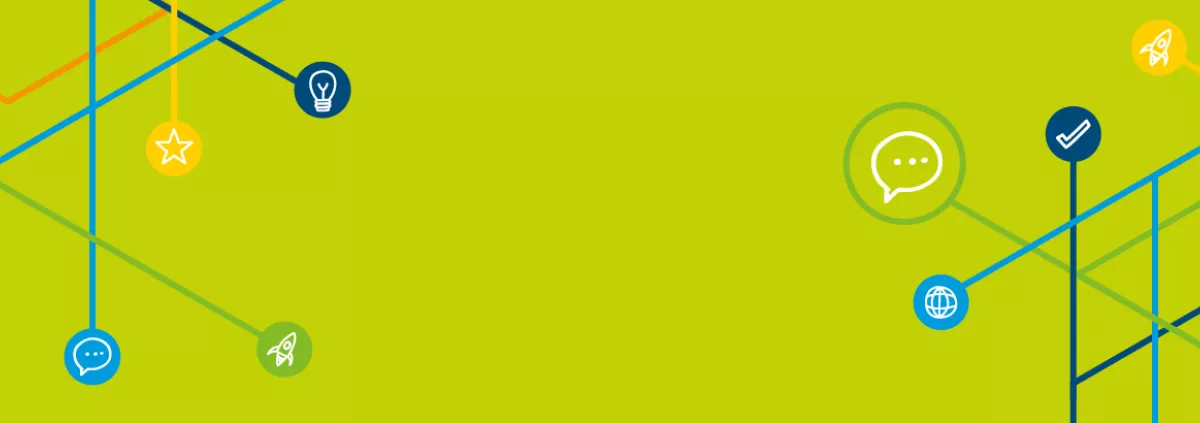
Micro-credential providers should do as far as possible to give learners the opportunity to follow micro-credentials in different ways, different times and different places. Courses may be designed in a blended format (on-site and online) with the ability for learners to plan the number of hours of study around work or caring responsibilities. In this area, e-learning offers significant advantage, especially when combined with on-site practical or work-based learning (The European MOOC Consortium, 2018 and Hendrikx and Ubachs, 2019).
Such forms of learning are not only critical for lifelong learning to become more accessible but are also, unsurprisingly the main drivers behind the demand for micro-credentials. As micro-credentials tend to be sought most by adult learners with extensive work experience compared to more conventional learners, it is necessary for micro-credential providers to put in place measures to ensure the needs of this target group are not excluded when designing, implementing and improving micro-credentials (see also Implement Internal Quality Assurance of Micro-Credentials and Make Micro-Credentials Relevant to Learners).
Whether a micro-credential is provided online or on-site, providers should invite all learners to contribute to the continuous improvement of micro-credentials as co-owners of the learning experience. While including a learner or two for an internal or external quality assurance panel can support the agency of a selected few to improve micro-credentials, all learners should have the possibility to partake in the improvement of micro-credentials. Furthermore, requesting learners to fill in surveys and feedback forms after completing their programmes restricts learners from taking agency in real time to improve their learning experience.
Through learner agency, the wellbeing of learners, staff and the micro-credential provider's organisation can be improved as learners take ownership of co-shaping their learning in a community of shared purpose. Among the forms of agency through which learners gain a sense of responsibility to improve micro-credentials include individual agency (e.g. by the learners themselves), proxy agency (for e.g. through a learner representative) and or collective agency such as in group movements (Klemenčič, 2015).
Based on studies by Klemenčič (2015) and the European Students’ Union, 2020 and the ESGs (2015), sharing responsibilities between providers and learners to improve the learning experience, environment and pathways of micro-credentials can be done by:
- Recognising and supplementing learners' resources to take agency to improve micro-credentials. Examples of this would be for micro-credential providers to:
- Award credit or allocate time for learners to co-develop or tailor aspects of the curriculum during the programme itself, for example, through a form of community engagement of their choosing to supplement the learning experience.
- Allocate time for learners to debate the improvement of micro-credentials during the programme itself.
- Protecting learners' possibilities to take agency in improving micro-credentials. An example of this would be for micro-credential providers to:
- Establish or develop and promote policy prescribing the right of learners to engage in the improvement of micro-credentials such as through seats for learner elected representatives in your institution’s governance structures.
- Set-up and ensure accessible information to an ombudsperson service to handle learner complaints.
- Allocate and ensure sustainability of funding streams for learners' activities to engage in the improvement of micro-credentials.
- Promote a culture of 'appropriateness' through regular capacity building activities for staff to encourage learners to engage in the improvement of micro-credentials. Agencies (e.g. Student Partnerships in Quality Scotland- SPARQS, Scotland) or stakeholder organisations representing learners (e.g. the Global Student Forum) or advocating for the learner and staff participation in university governance (e.g. Magna Charta Observatory) provide useful expertise for the organisation of such activities.
- Encouraging learners' willingness to take agency in improving micro-credentials regardless of whether the learner would benefit directly from it. An example of this would be for micro-credential providers to:
- Engage learners as equal partners within the institution's community - thus supporting the development of a sense of belonging.
- Engage alumni in debates and capacity building activities to further develop practices for learner engagement and thus create new potential to improve micro-credentials.
Keeping learner agency at the heart of any micro-credentialing or learning debate is important in making lifelong learning a reality. Lifelong learners showcase their ability to continue learning and further developing competencies through their respective identities. The importance of building identity in learners is backed up by the OECD's Future of Education and Skills 2030 project, identifying which competencies best prepare future generations for jobs yet unforeseen. The main future-proof competencies outlined in the OECD Learning Compass 2030 include the (1) skills, knowledge, attitude and behaviour as the core foundation upon which (2) transformative competencies such as creating new value, reconciling tensions and dilemmas, and taking responsibility and (3) learner agency can be developed (OECD, 2019).

Please log in or sign up to comment.